Nonlinear viscoelasticity: Green-Naghdi kinematic assumption and structure-preserving schemes
Please login to view abstract download link
This work develops a suite of inelastic models grounded in the Green-Naghdi kinematic assumption. In particular, it offers a novel perspective on nonlinear viscoelasticity. Diverging from traditional intermediate-configuration-based approaches, the proposed framework employs generalized strains within Hill’s hyperelasticity [1]. This ensures accurate characterization of material behavior while addressing key challenges in representing finite inelastic deformations. The continuum formulation provides a consistent foundation and can be viewed as a nonlinear generalization of the models proposed by Lubliner in 1985 and Simo in 1987. Building on this continuum model, we design energy-momentum consistent schemes tailored to its unique structure. These schemes integrate thermomechanical principles with update formulas for internal state variables, achieving second-order temporal accuracy and physically consistent numerical dissipation. The algorithms leverage the strain-driven format, ensuring stable and efficient integration of the constitutive relations [2]. Key features, including energy stability and momentum conservation, are demonstrated through detailed analysis and numerical examples. The combined continuum and computational framework deliver an effective tool for simulating viscoelastic materials under large deformations, paving the way for future advancements in structure-preserving algorithms and their applications in analyzing nonlinear behaviors of novel engineering devices. REFERENCES [1] Liu, J., Guan, J., Zhao, C., Luo, J. A continuum and computational framework for viscoelastodynamics: III. A nonlinear theory. Computer Methods in Applied Mechanics and Engineering, 430, 117248, (2024). [2] Liu, J., Guan, J. A continuum and computational framework for viscoelastodynamics: II. Strain-driven and energy-momentum consistent schemes. Computer Methods in Applied Mechanics and Engineering, 417, 116308, (2023).

